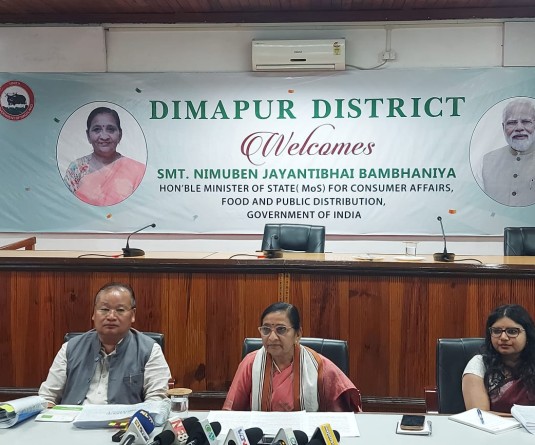
DIMAPUR, December 3 (MExN): The Forum for Naga Reconciliation (FNR) has appealed to both Naga leaders and the Government of India to “avoid politicking for short-term gains.” This, it stated, is required to “meet the transforming needs of our ‘contemporary realities.’”
A press release from the FNR urged the need to be “political with statesman-like character and diplomatic qualities that are based on sincerity and respect.”
The FNR said that from 2008 to 2014, over 300 meetings were held with Naga political groups, Church, Tribe and Civil Society organizations and the public, and in the course of identifying reasons for Naga disunity, the ‘16 Point Agreement’ of 1960 and ‘Shillong Accord’ of 1975 with the Government of India and formation of ‘Revolutionary Government of Nagaland’ in 1968 were seen as historical events that “decisively fragmented the Naga political movement and induced situations for division and disunity.”
The FNR pointed out that a lot of “honest discussion, truth speaking, healing, forgiveness and reconciliation” are required around these historical events.
The FNR termed it surprising that the “Indian State and its agencies have actively steered the Statehood narrative intensifying division and simultaneously normalising complacency and conformity among the Naga populace.”
The forum said that the “failure of the 16 Point Agreement” led the Government of India to sign the ‘Framework Agreement’ with NSCN (IM) and the ‘Agreed Position’ with NNPGs. However, it said that the recent public display to “idolize” the 16 Point Agreement “reveals the true hand behind the gestures of peace.”
While stating that Nagas are “united in our historical and political rights even if our opinions and approaches are divided,” the FNR said that Nagas are “learning to use our differences, to heal and to build understanding and cooperation.”
The FNR therefore said that it will be beneficial for all, including the Government of India and “our neighbours,” to encourage and support a “reconciled and healed Naga people.”





